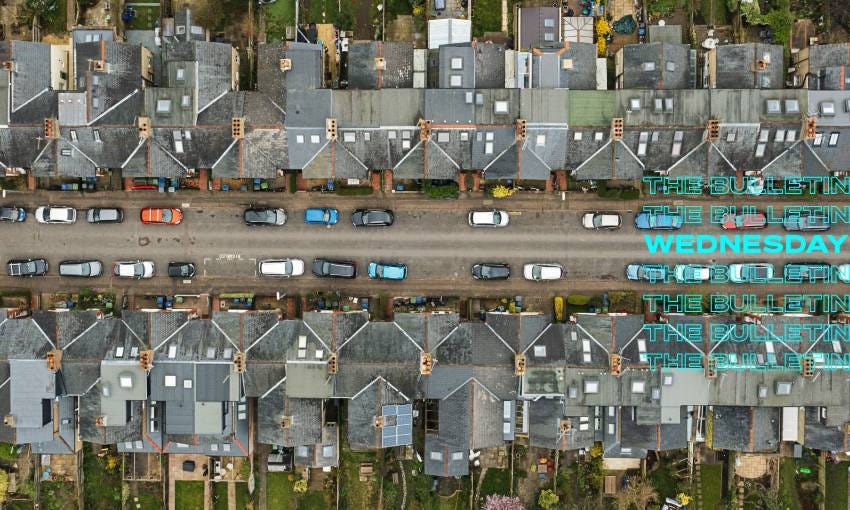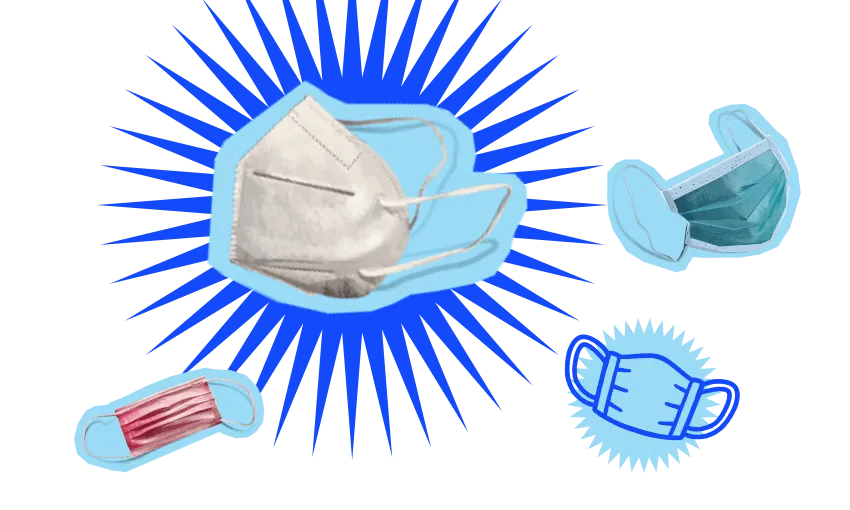Is the housing market actually slowing down?
Data from December shows fewer home buyers and more sellers, it could be the start of slowdown or just a Christmas speed bump
Mōrena and welcome to The Bulletin for Wednesday, January 19, by Justin Giovannetti. Presented in partnership with Z Energy.
In today’s edition: Traffic light system needs overhaul for omicron; pictures show extent of Tonga damage; Tova takes Newshub to court; but first, the housing market’s prognosis for 2022.
Is the mother of all housing bubbles about to end? (Justin Paget/Getty Images)
The beginning of the end of the great house price boom? Some real estate experts are warning that prices in the country’s superheated housing market are starting to plateau after a record-breaking year. Similar predictions have been made in recent years—less than two years ago many were warning of a monumental crash—only for records to continue toppling over. This time they say it’s different. The head of the Real Estate Institute of NZ told Newshub that with interest rates climbing, lending criteria tightening and tax changes hitting investors, growing “headwinds” mean buyers are falling out of the market.
It could be a perfect storm hitting the country’s housing sector. For all those issues, there’s also the recent changes to the country’s credit rules, which have hammered first-time buyers. Experts warned RNZ that it’s now nearly impossible to secure a mortgage with a less than 20% deposit. A different rule change by the Reserve Bank last year means that only 10% of bank lending can now go to those with less than 20% deposits, which presents a de facto cap on first-time buyers. As The Bulletin reported earlier this week, some banks have begun cancelling pre-approved mortgages because of borrowers’ Christmas shopping at Kmart or habit of visiting parents on weekends.
New Zealand’s runaway housing market, already one of the world’s most expensive, soared in 2021. According to CoreLogic, the average price of a house in New Zealand hit $1,006,632 in 2021, after a record-breaking annual increase of 27.4%. Anecdotal suggestions from real estate agents that buyers have stopped showing up at auctions in recent weeks is somewhat backed up by new data released yesterday. As BusinessDesk reports, sales fell 29.4% in December over the previous year, while the number of available properties increased by 28.7%. In the last month of 2021, 6,755 properties sold while 16,773 were listed. Despite the fewer buyers and many sellers, prices were still up sharply over the previous year.
Suburbs in Auckland, Wellington and Queenstown have now crossed the $2-million mark. The search for affordability has driven some people to not only buy homes sight unseen, but also in cities they’ve never visited before. The Southland Times reports on recent arrivals in Invercargill attracted by the relative affordability of the market, with homes still selling for around $455,000. The cheaper housing makes securing a deposit easier, especially at a time of growing prices across the economy. To help drive down prices in 2022, Newsroom’s Sam Sachdeva writes that the government could consider delaying big-ticket infrastructure projects to take the pressure off a construction industry cracking due to labour and material shortages.
So is the housing market actually slowing down? There’s early indications it might be, but New Zealand house prices have had a way of defying expectations in recent years.
2021 will be remembered for the spread of delta, creating one of the most challenging stories—and commercial environments—in recent memory. It made us rely even more heavily on the support of our members. If you love what we do, please consider donating today. Want another way to support us? Invite your friends and whānau to subscribe to The Bulletin and keep them across Aotearoa’s biggest stories.
The traffic light system might need changes for omicron: Bloomfield. The director-general of health warned on RNZ that due to omicron’s ability to infect people who are double vaccinated, albeit with milder symptoms, our current alert system might not be up to task. The traffic light system revolves around vaccine certificates and has worked well this summer at controlling the country’s delta outbreak. Advice is being prepared for the government on what changes are needed.
While a number of European countries are shifting away from treating Covid-19 and omicron as a pandemic, China is pursuing its “zero-Covid” strategy despite the difficulty of containing omicron. As the BBC reports, Chinese authorities have told people to stop opening letters from overseas citing the risk of omicron, while cancelling public ticket sales for next month’s winter Olympics.
The Spinoff’s Covid data tracker has the latest figures.
New bookings at border frozen due to surging omicron infections. An auction of MIQ rooms planned for tomorrow has been cancelled, along with all future room releases, the NZ Herald reports. In an announcement yesterday evening, the head of the MIQ system said spots at the border will only become available again as part of a larger government strategy to deal with omicron. Due to the new variant, stays at MIQ have been extended to 10 days and more rooms will be needed to quarantine community cases in the coming months, putting pressure on the system.
New images from Tonga show extent of damage, two deaths reported. A number of images from satellites and New Zealand’s air force show extensive damage to a number of Tonga’s islands following Saturday’s volcanic eruption, according to Stuff. Structures are covered in ash and on some islands, nearly half will need repairs. While a number of outlying areas still haven’t been visited, officials confirmed a second death to RNZ. The HMNZS Wellington set sail for the country yesterday with supplies.
Tova O’Brien in an employment stoush with Newshub. The network’s former political editor is supposed to launch Mediaworks’ rebranded breakfast radio show later this month, but her old contract is standing in the way. As Stuff reports, O’Brien says that Newshub owner Discovery NZ told her she faces a three month restraint of trade clause before starting another job in journalism. O’Brien told an employment hearing that she’d been assured during her time with the network that the clause only covered like-for-like roles, and not the entire industry. She told the hearing she feels she is “being punished” as part of a wider scrap between Mediaworks and Discovery.
Forget housing, carbon prices are already blowing up in 2022. Farmers Weekly reports that the value of credits on New Zealand’s carbon market is now over $72, with some future credits already trading at above $83. Prices on the market shot up quickly last year. The government had set a ceiling price of $70 this year, above which it would release additional units to try to cool prices. That now seems likely. “Additional units” in this context, means allowing companies to pollute more than had been expected in 2022, requiring steeper cuts in future years. The climate change commission had estimated that the price could hit $140 by the end of the decade.
Got some feedback about The Bulletin, or anything in the news?
Get in touch with me at thebulletin@thespinoff.co.nz
Right now on The Spinoff: Charlotte Muru-Lanning explains why it’s time for us to collectively up our mask game before omicron arrives. Sela Jane Hopgood reports on how we can best help Tonga right now. Jessica Halliday writes about the brutalist beauty of Christchurch town hall. Julie Spray argues that Covid vaccines have upended our assumptions about protecting kids. Stephen Stratford, in what is likely the last essay he wrote before dying, reviews Philip Temple’s Life as a Novel: A Biography of Maurice Shadbolt - Volume Two 1973-2004.
Will boxing survive as an Olympic sport? The head of Boxing NZ told RNZ he is concerned that it’ll be dropped from the Olympic and Commonwealth Games programmes in the coming years. The issue isn’t the waning public enthusiasm for boxing, but some dodgy figures in the running of the sport itself. The federation running international boxing is now underwritten by a Russian state-owned oil company and linked to bribes to fix fights at the 2016 Olympics. The International Olympic Committee has said it has no faith in the governance and finances of international boxing.
That's it for The Bulletin. If you want to support the work we do at The Spinoff, please check out our membership programme.






